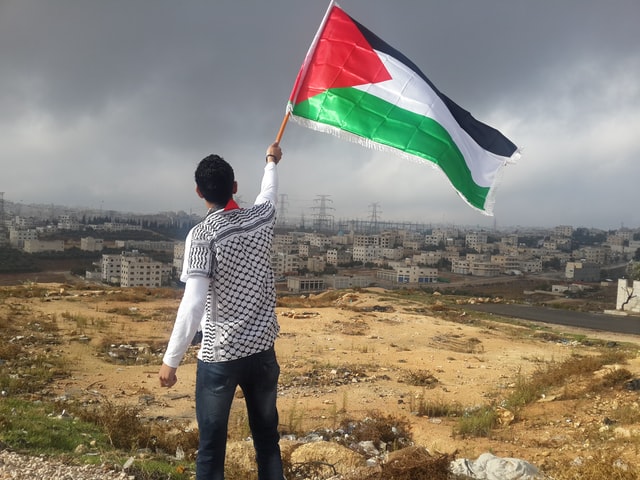Arafat and Palestinian exceptionalism
Enlarge

Photo by Ahmed Abu Hameed on Unsplash
We are considering the history of Palestinian exceptionalism against a dark backdrop in Israel, the Palestinian territories and the region. Relations between Israel and Jordan are deteriorating as I write over Israel’s continued attacks on worshippers at Jerusalem’s Al-Aqsa mosque, the third holiest site in Islam. Jordan, was the second Arab country after Egypt to officially establish ties with Israel in 1994. (Egypt signed a peace treaty with Israel in 1979.) The current state of affairs underlines the long shadow cast by the Palestinian issue.
At the fifth meeting of the PLO’s National Council, changes were approved in the Palestine Covenant to emphasize Palestinian distinctiveness “as part of the Arab nation.”
And Fatah spokesman Yasser Arafat was elected chairman of the PLO executive committee, a position he held until his death on November 11, 2004.
This marked a turning point for both the PLO and the Palestinian national movement.
Not only did Fatah and Arafat gain control of the policy, ideology, and structure of the PLO, the “Palestinian revolution” has pretty much been defined by Fatah ever since.
Meanwhile, the PLO carefully tried to preserve its relative independence from various Arab leaders, as both the symbol and the crystallisation of the Palestinian people’s quest for national self-identity and self-determination.
Fast forward to 2022 and the PLO’s situation had become a lot darker.
Looking back at pieces that have already appeared in this series:
https://www.rashmee.com/2022/03/21/what-is-a-country-if-its-not-a-nation/
https://www.rashmee.com/2022/03/22/countries-nations-and-states-where-does-palestine-fit-in/
https://www.rashmee.com/2022/03/23/palestine-and-the-two-types-of-nationalism/
https://www.rashmee.com/2022/03/24/nakba-what-the-catastrophe-meant-for-palestinian-political-development/
https://www.rashmee.com/2022/03/25/nasser-and-post-nakba-palestinian-nationalism/
https://www.rashmee.com/2022/03/26/all-change-with-the-plo/

